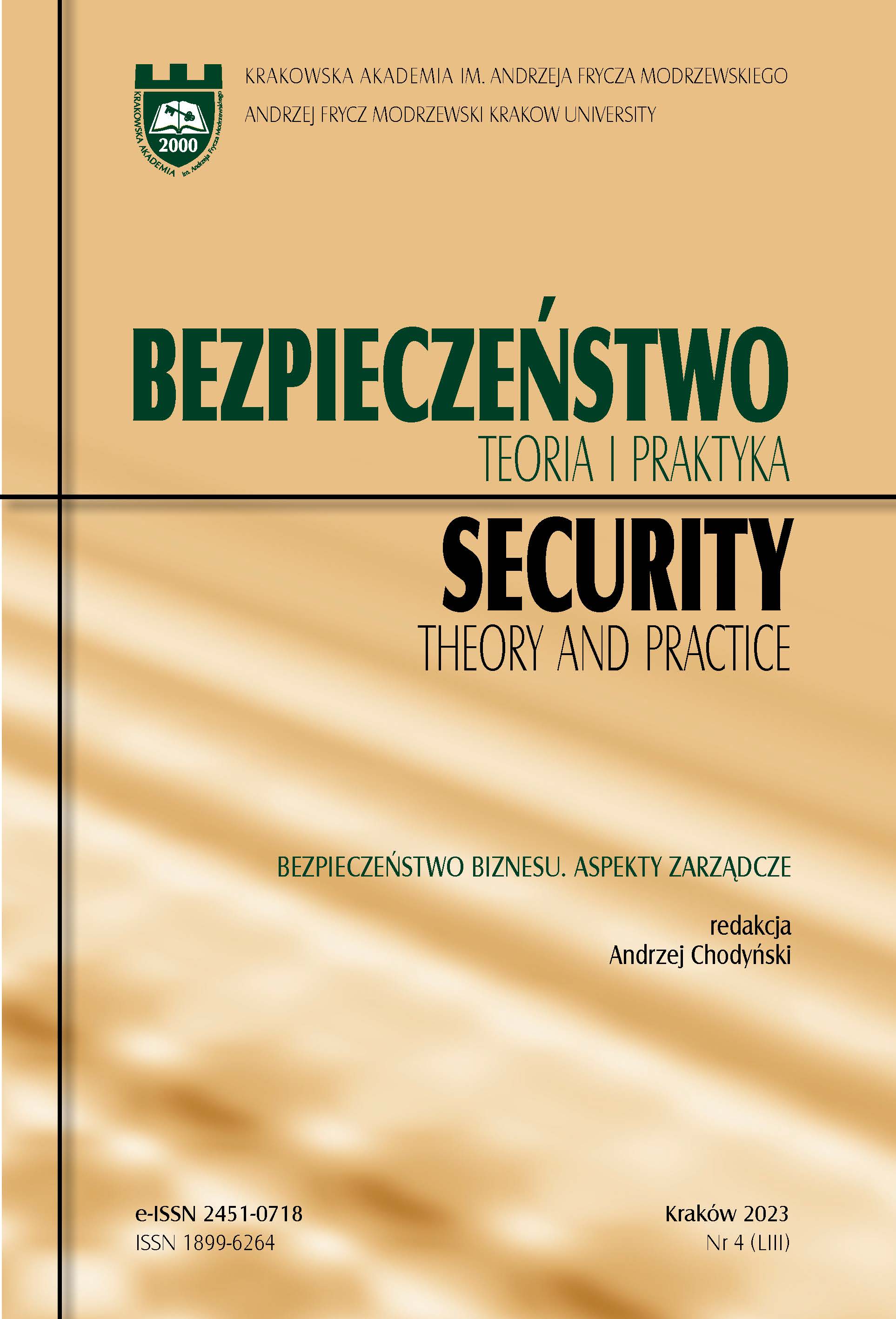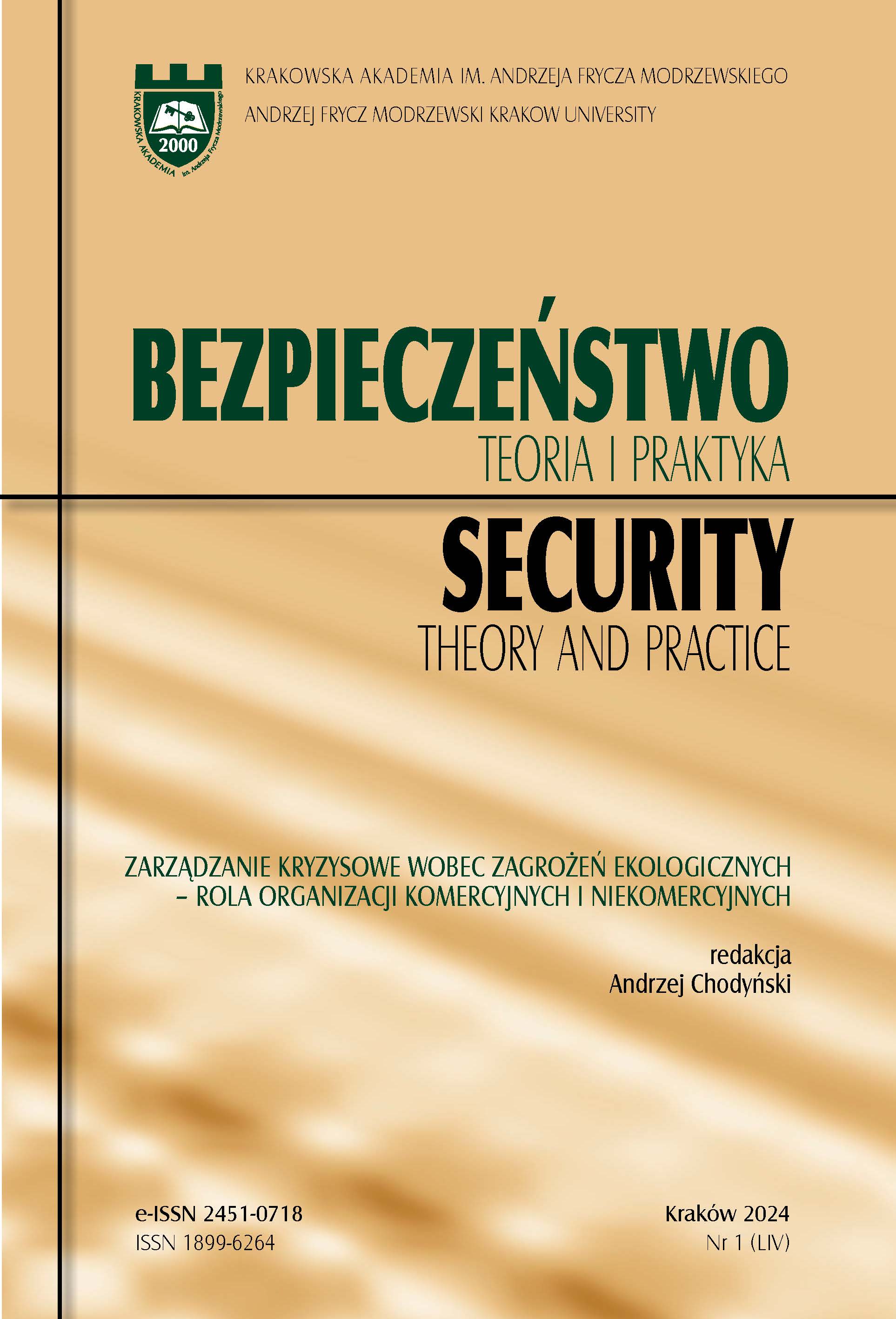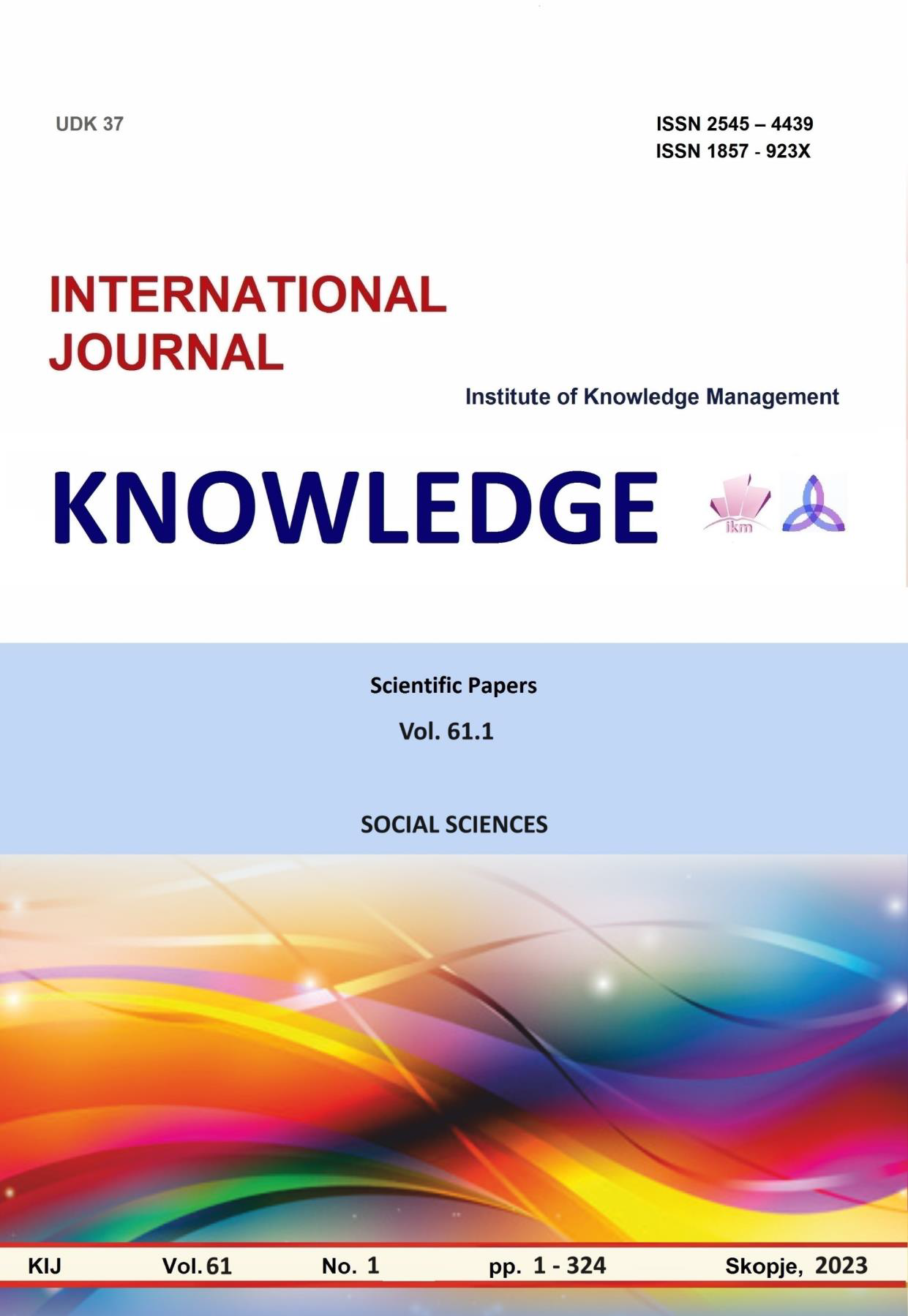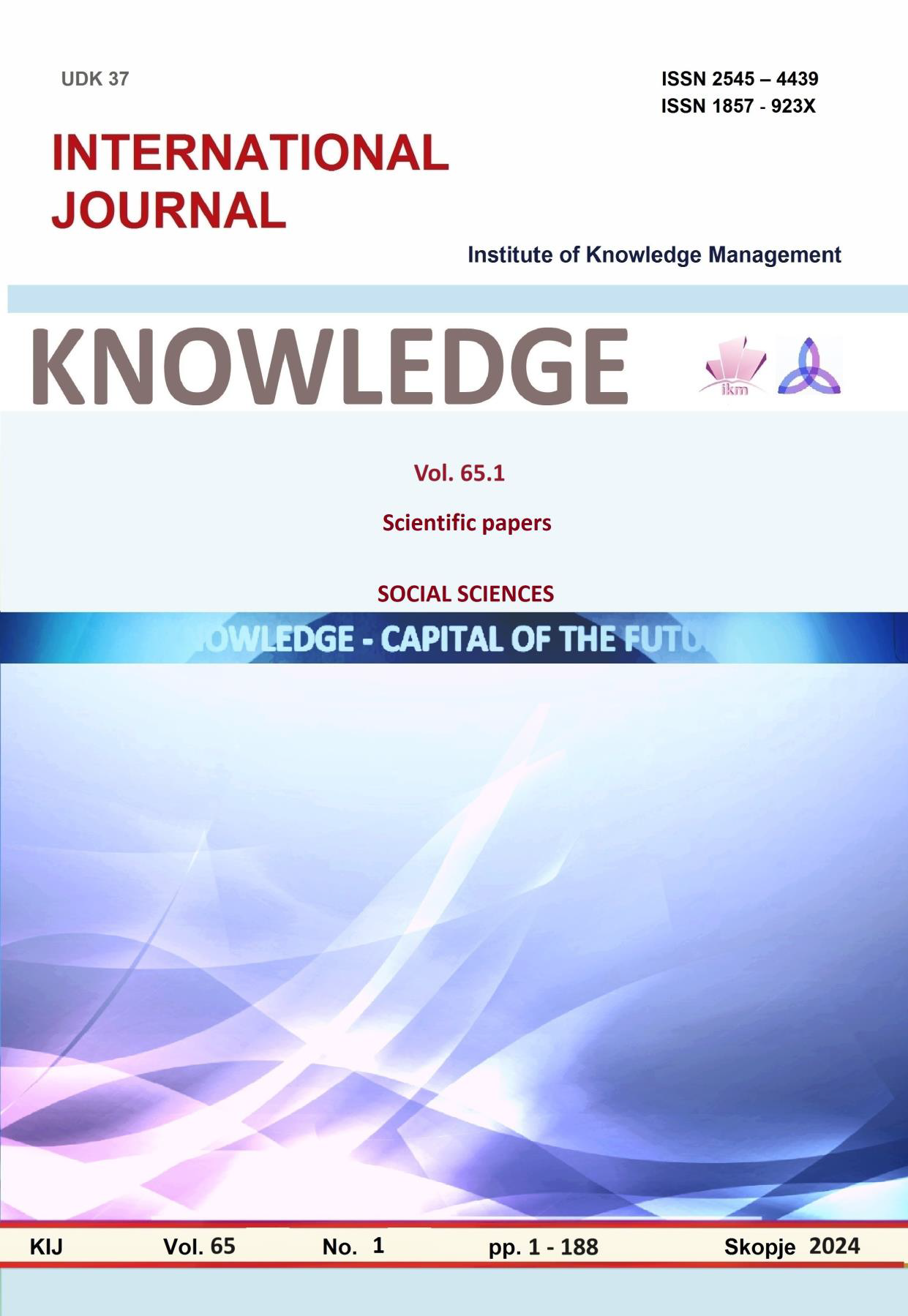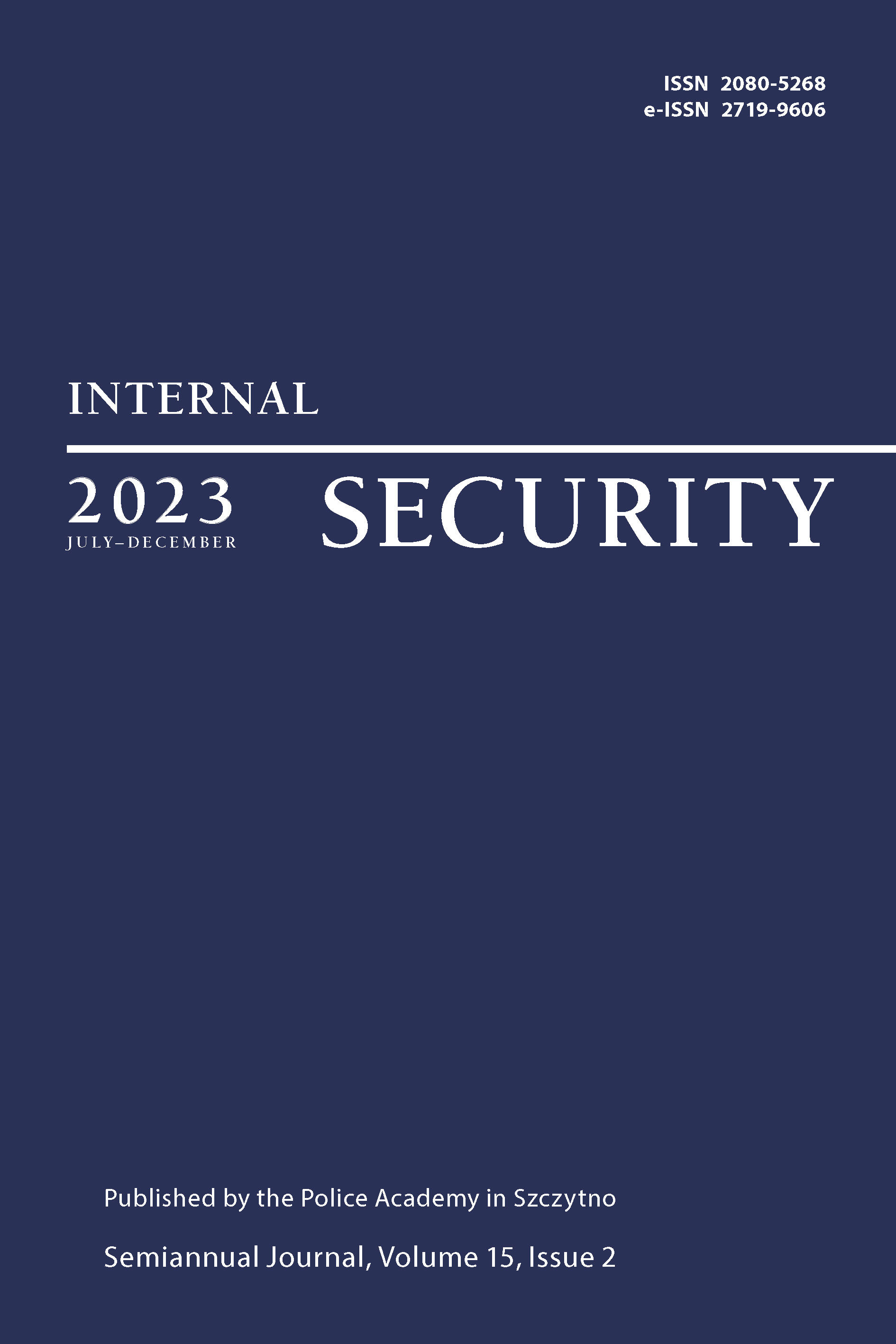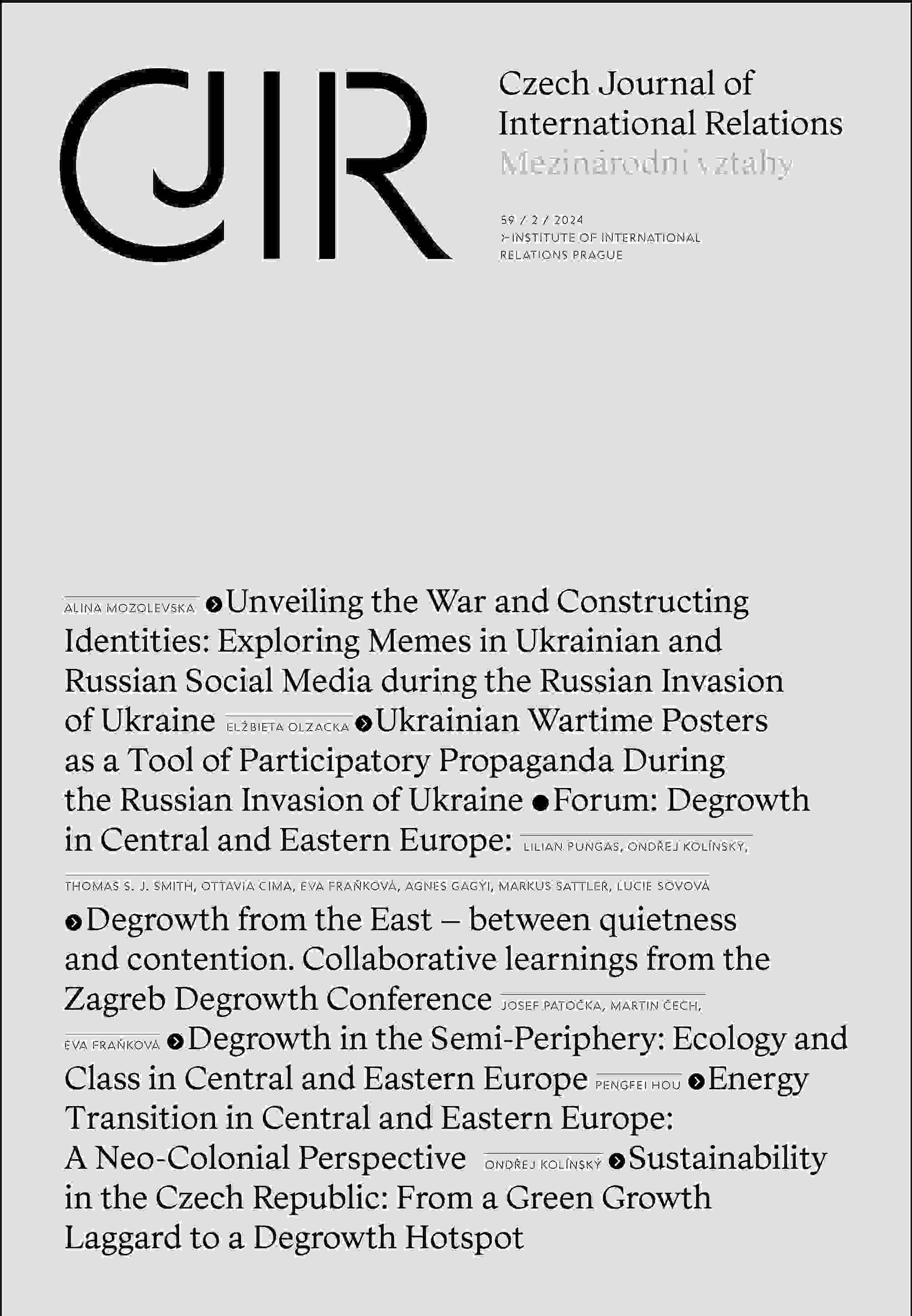Author(s): Vasil Franchuk,Yaryna Tesliuk / Language(s): English
Issue: 2/2023
The research into the preconditions and sources of international labour migration in the era of globalisation (security aspects) is caused, first of all, by the negative trends observed in the reproduction of the population of Europe, in particular,a decrease in the demographic potential of families, a drop in the birth rate, an increase in morbidity, and a decrease in theaverage life expectancy, which lead to deformation of the age structure of the population. In contrast to the mentioned factors of development of human potential, positive measures that will have a long-term nature of action and will not immediately produce the desired results of regulating the labour migration of the population as a significant component of the overall increase of the population and a factor of renewal of its potential can have a much faster effect. For modern Europe, the question of the impact of labour migration on the development of the state’s economy has been quite relevant for a long time, because the processes of labour migration, which have their own characteristics during the period of economic transformation, are an important component of the social policy of each state. Recently, the nature, volume, composition and direction of internal andexternal labour migration flows in connection with the transformation of socio-economic relations, the democratisation of publiclife, the simplification of the procedures for going abroad and changing the place of residence, the economic crisis and the dropin the standard of living of the population have been significant changes and acquired a new meaning. They were reflected, first of all, in the reduction of the intensity of labour migration within individual states and at the interstate level, a significant outflow of the population, and the formation of powerful and constant flows of external labour migration. This and a number of othe rcircumstances dictate the need for a more detailed study of the research of the preconditions and sources of international labour migration in the era of globalisation (security aspects), which will make it possible to build an appropriate model of migration regulation in general, which, in turn, will contribute to the development of the economy of European states.
More...
